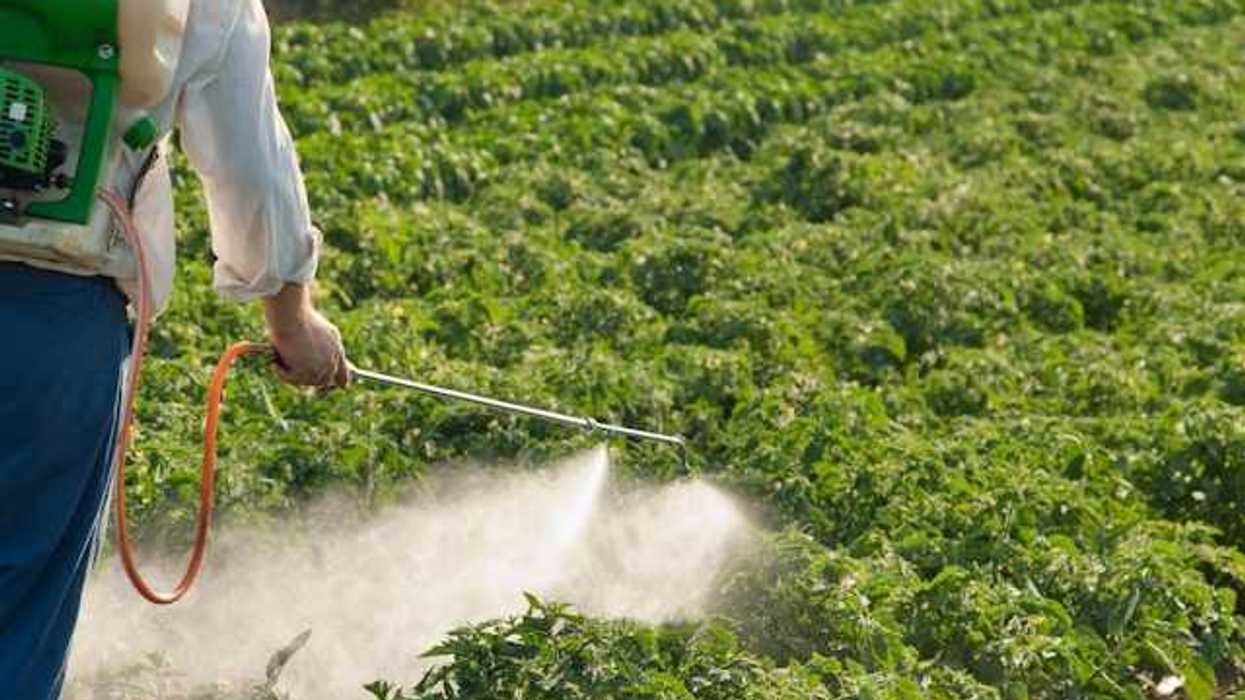Animals in Uganda's forests are consuming virus-infected bat feces as alternative food sources dwindle due to agricultural practices.
Wedaeli Chibelushi and Natasha Booty report for BBC News.
In short:
- A study conducted by the University of Stirling and University of Wisconsin-Madison found 27 viruses in bat guano consumed by several species.
- The loss of palm trees, used locally for drying tobacco, has forced animals to rely on guano for essential minerals.
- This unusual diet highlights potential pathways for virus transmission from wildlife to humans.
Key quote:
"Our research illustrates how a subtle form of selective deforestation, ultimately driven by a global demand for tobacco, can expose wildlife and, by extension, humans to viruses residing in bat guano, increasing virus spillover risk."
— Dr. Pawel Fedurek, expert in animal behavior at the University of Stirling in Scotland.
Why this matters:
Bat guano, which can harbor a range of viruses, including some related to severe pathogens like SARS-CoV-2, becomes a potential source of infection when ingested by other animals. These animals, in close proximity to human populations or through ecological interactions, could facilitate the transfer of viruses to humans, posing risks of new infectious diseases emerging.














